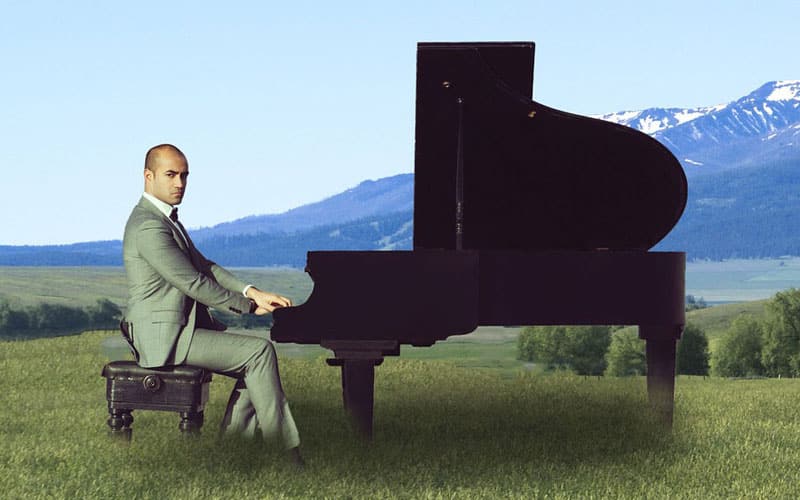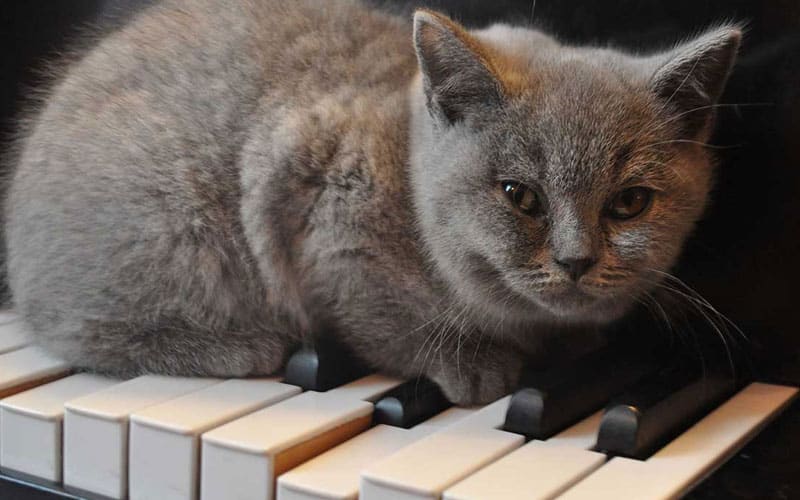
The Best Teacher is MY Teacher
Every time I discuss with a fellow piano aficionado I find it impossible not to hear the following line (I’m paraphrasing): “My teacher is the best teacher. He is one of the greatest, but unfortunately an unappreciated teacher.”
Now, tell me, haven’t you heard this phrase before? I’m sure you have in one form or another. It’s a phrase used not only by pianists, but also by all musicians.
There is no musician who hasn’t claimed that their teacher was the best, or at least one of the best. So, I started wondering why most musicians find their own teachers so great and what made them bond so successfully together. And more importantly, for the purpose of this website, why regarding a teacher highly is helping our practising.
On one hand there were some romantic, idealistic answers, such as: Because their teacher gave them the gift of music, which in a way I didn’t buy at all. I just knew that the words “romantic” and “musician” just don’t go well together. The last thought of a professional who sweats buckets practising the piano is “How can I become more romantic now?” Pianists can be grumpy, cranky and tedious, but what they do well that the rest can’t, is to make nice sounds by touching a piece of wood.
Piano, as you know, is not like watching films about young couples holding hands and walking into the sunset. Piano requires common sense, determination, clear mind, and of course, good old practising. Romanticism, wide smiles and philosophy is mainly for the listeners, the end-user of music. Empty words, expressions and sayings don’t really help if you can’t be bothered to sit and practise.
Still, at the end of the day, can a romantic reason help you to highly regard your teacher? To be honest, I think yes. For instance, maybe your teacher inspired you through their wisdoms and beliefs to become a better musician. Maybe, they just said a simple word during a lesson that made you think more clearly about your potential. Or, maybe their beautiful playing inspired you to try as hard as possible to equal their musicality. So, yes, even though romanticism and practising for 6 and a half hours a day don’t necessarily fit well together, at the same time idealism can strengthen our personal drive and somehow make us appreciate our mentors more.
So, the answer to why most pianists believed they had the greatest teacher was a bit romantic. However, could the answer be a more logical one too? Could it have a more practical reason…
Do most pianists believe they had the best teachers because their teachers made them technically strong? That could have been a possibility.
However, musicians often have the tendency to harshly blame teachers that they feel they haven’t assisted them enough in reaching their deserved greatness, forgetting that in reality there are no bad teachers (read through this website) and that every teacher has strengths and weaknesses, and that, somehow, all our teachers helped as in becoming who we are today.
Nevertheless, maybe they had a teacher that helped them perfect their technique and made them achieve their pianistic goals, such as winning a competition, or passing an important audition.
Don’t forget that musicians in general, especially classical musicians, are inherently ego-centrical, pompous and pretentiously-cultured and forever compare themselves with other musicians in one way or another; even though they can cleverly hide those things. Also, they always tend to exaggerate their own strengths and have the memory of a fish when it comes to their own weaknesses (not a bad thing). So, surely, the teacher that made them who they are today (great, amazing and so on and so forth) must be the best, right?
So, yes, people do need mentors and examples to start building on their own philosophies. And it’s only natural to have preferred teachers and least loved ones; all those things are part of learning and improving in life.
Also, believing that our teacher was one of the best, somehow helps our practising, because we become more conscious of what we individually want in music, and we start building our personal musical expression and style through this preference.
To end, I would say that believing that our own teachers were the best is part of the “individuality” in life and is part of us trying to make it in an ever-competitive musical world. So, we consider some of our teachers great because we make their teachings our own, and we use them as our own tools to stand out musically; so when you say “the best teacher is my teacher”, you are in essence saying “I am a great musician” or “I am a great teacher”.
Good luck in the best profession in the world.
—————————————————————————————————–
© Nikolaos Kokkinis – 03/05/2013




